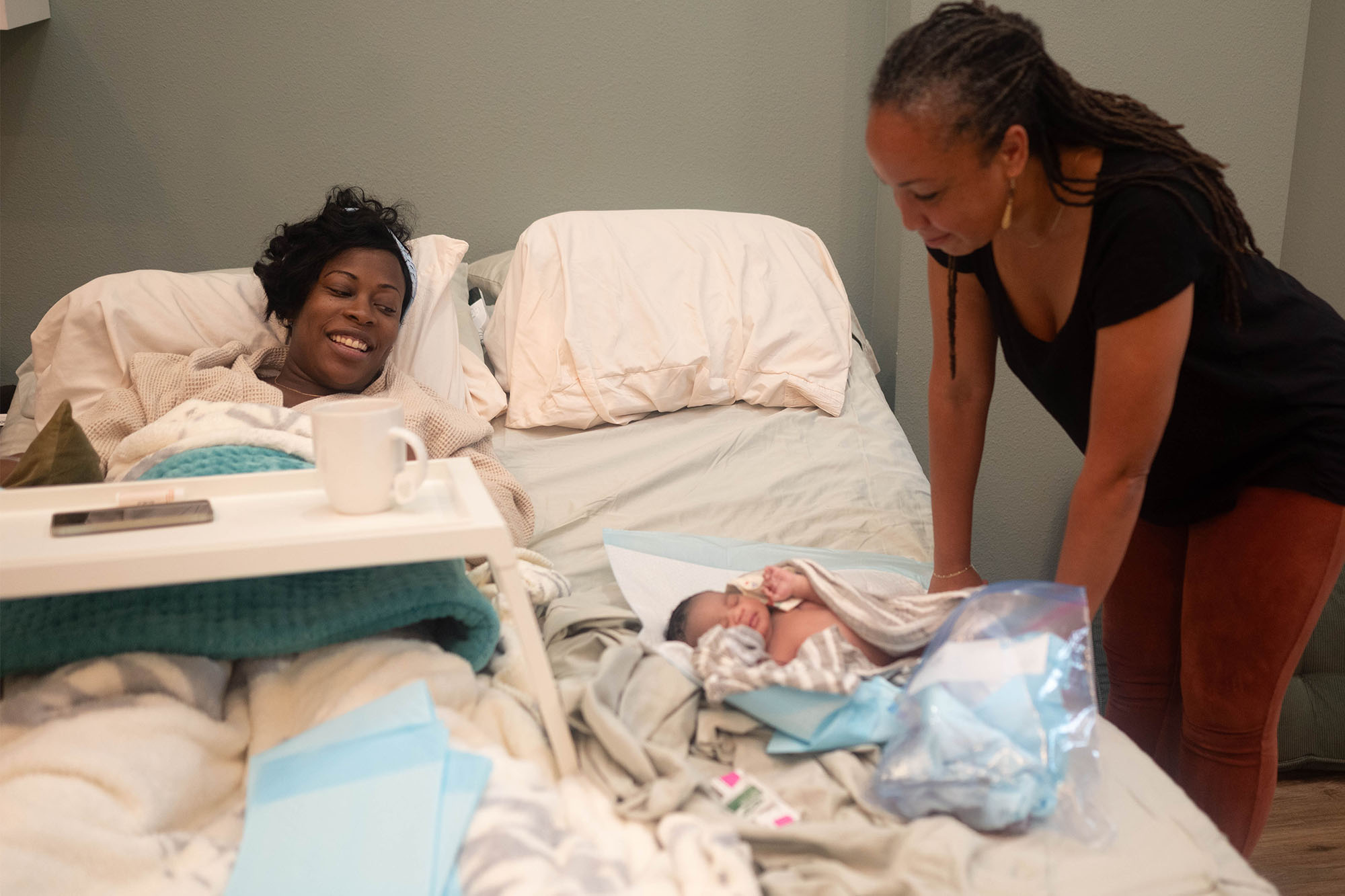View the Report
Jump to All Downloads & LinksUntreated perinatal depression, anxiety, and mood disorders affect the health and well-being of mothers, and can also have lasting adverse effects on the cognitive, social, emotional, and developmental health of their infants. However, many women – especially those with economically or socially disadvantaged backgrounds – are not identified as being at risk for these conditions during pregnancy or after delivery. Collaborative care addresses this gap in care through multidisciplinary teams in primary care settings.
The California Health Care Foundation funded Maternal Mental Health Now (MMHN) to establish a model of collaborative care for perinatal mental health at federally qualified health centers (FQHCs) in Los Angeles. Three clinics – Harbor Community Health Center, Eisner Family Medicine Clinic, and Martin Luther King, Jr. Outpatient Center – participated in the work. Evaluation of a Collaborative Maternal Mental Health Care Pilot in Three Federally Qualified Health Centers in Los Angeles, carried out by an external evaluation team, assessed the project’s performance once it was complete.
At the project’s close, significant progress had been made in each location. The evaluation shows that:
- All three FQHCs implemented a coordinated care team and screening and treatment protocols.
- Staff at each clinic participated in training sessions, were prepared for their roles in collaborative care, developed clinic protocols, and screened patients.
- Two of the three clinics established patient registries and demonstrated improved rates of identification for women at risk of perinatal mood and anxiety disorders; these clinics also tracked patient referrals to treatment.
- While many patients were connected to behavioral and mental health providers, a significant challenge of the collaborative care pilot was systematically demonstrating the receipt of services and patient outcomes related to treatment interventions.
- Significant barriers to treatment services and tracking the receipt of services exist.
- The collaborative care model was cost-effective and showed strong potential to spread to other clinics.
Learn more about CHCF’s work to improve treatment for mothers experiencing mental health issues.
Authors & Contributors
Cheryl Wold
Wold and Associates





